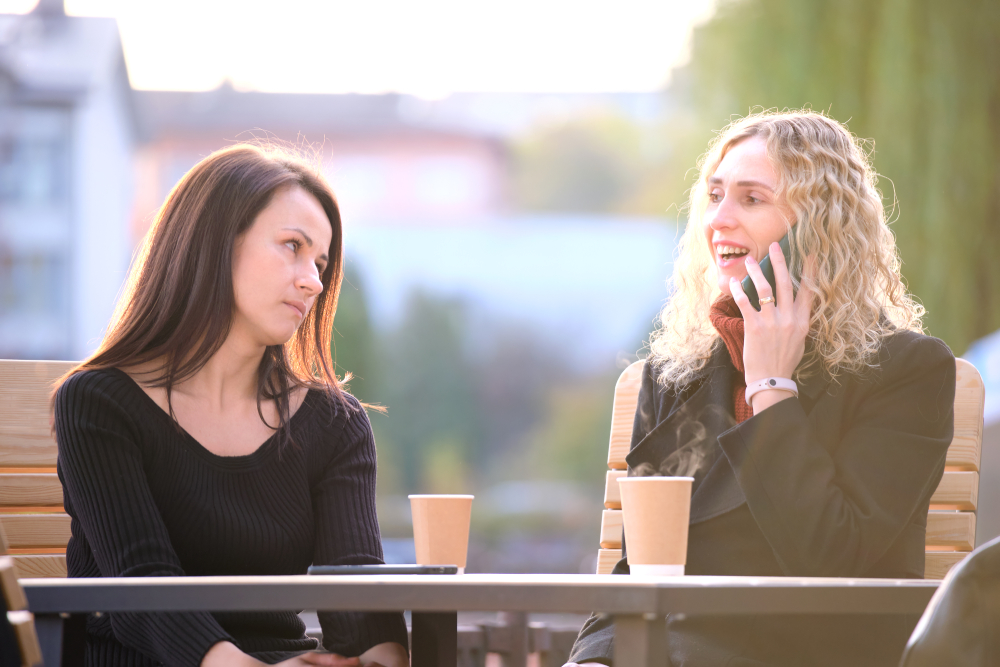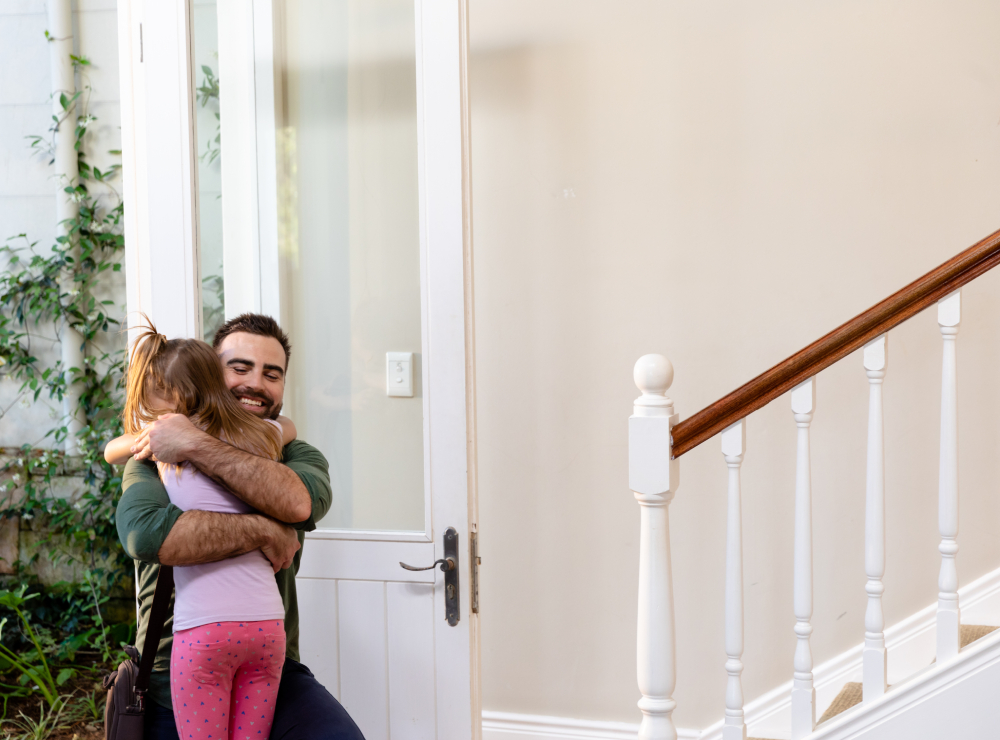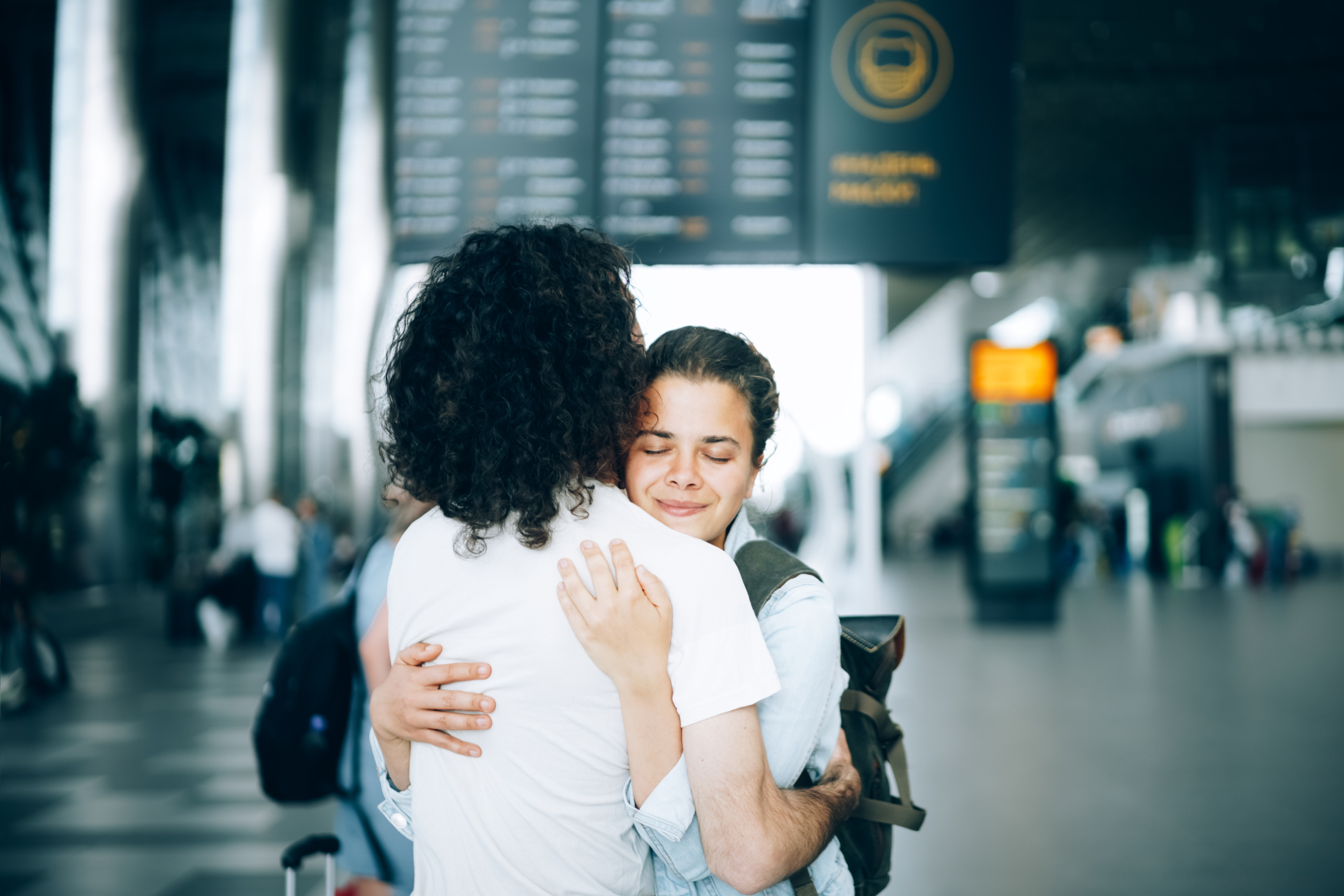We all know that time away from friends and loved ones can directly impact our relationships with them. If we are busy travelling for work, we often must make time for these people to ensure that we still get to see them.
Catching up at home or for coffee are some of the typical rendezvous of choice, but you really must be at your best and brightest to make quality, human connections in these valuable times.
Travel Can Cause our Healthy Habits to Slip.
When travelling for work, it is very easy to fracture our routines and let healthy habits slip. Sleep schedules, eating habits, and exercise might be the first to fall. If these habits slip from a traveler’s priorities, they deprive themselves from being our healthiest selves. Without these healthy habits, travelers might arrive home tired, stressed, or even emotionally unavailable.
Bad Health Fosters Reactive Relationship Behaviour
Poor health created by broken routines can have adverse effects on relationships and connections. Amongst the stress and emotional exhaustion caused by travel, it can become quite easy to adopt reactive behaviour to address relationships and connections.
If we aren’t careful, reactive relationship behaviour can take hold and have an adverse effect on our relationships and connects. Arriving home tired and exhausted is not a good recipe for positive emotional engagement with family and friends. This runs the risk of both the travelers and their loved ones becoming stressed and resentful towards the absences. If tensions between the traveler and their loved ones aren’t aggravated, then the tolerance of travelling for work is usually corroded instead, making employers the common enemy.

How do I Know if I’m at Risk of Reactive Relationship Behaviour?
Within the traveler’s profile, the below points describe someone who might be at high risk of adopting reactive relationship behaviour due to the impact of travel:
- Greater than 55 hours of work per week including at workplace,
remote office, hotel or home. - Less than 3 weeks combined holiday leave per year.
- Greater than 40 hours per month commuting/transit times.
- More than 100 nights away from home per year, sleeping less than
6 hours per night. - Remaining in 24/7 constant connectivity to smart phone or other
technology.
Among these at-risk people, there are three distinct groups that respond to being high risk with regards to how they treat their health and wellbeing. You can see these groups places on a scale below.

Survivors: Impact of Travel on Their Relationships
Survivors travel with only the smallest amount of cabin luggage and have a propensity to use “red eye” transportation where they might catch a flight at 4am on the same day they are expected to work in their destination. They eat food randomly, sleep is fractured and often poor quality, water hydration inconsistent, consumption of excess alcohol justified in keeping up appearances with colleagues and clients, and there is no time for exercise.
In the survivors group, reactive relationship behaviour is more common, since they are consistently arriving home tired and exhausted. This is where the resentment of the absence comes into play and the boundaries between work and life become almost non-existent.
Balancers: Impact of Travel on Their Relationships
Balancers are conscious of regulating lifestyle to reflect more consistent and balanced health habits with what they do at home. This can include regulating hydration, alcohol, sleep, exercise and relaxation components. Some will visit or call friends and family whilst in a destination. They might even explore the destinations where they go to work.
Balancers adopt responsive relationship behaviours: they will take time to look after themselves whilst away, which lends energy to coping with their emotional status when they return. They are more likely to offer support and assistance to family and friends than complain of exhaustion and be grumpy.
Prosperers: Impact of Travel on Their Relationships
Prosperers tend to domesticate their destination by integrating healthy lifestyle habits which extend to well-regulated practices. These include habits such as exercising, exploring hobbies, eating healthy food at regular times, experiencing foreign cultures, and maintaining a sleep routine as diligently as possible. While they are travelling, they will also make time to speak and stay in touch with their friends, family, and loved ones whether it is via video call, or arranging to meet in their destination. Properers also have well developed meditative skills for reflection and adapting to change.
The prosperers group observe greater intuitive relationship behaviours towards the relationships they are in. The families and friends are usually more aware of what actually happens when travelling for work. This means travelers with a personal sense of wellbeing and improved resilience, can share more easily and engage more thoughtfully with family and friends.

Reducing the Impact of Travel with Ford Health
For employers who rely heavily on their leadership teams and senior employees to make consistently good decisions under pressure, there is a strong return on the investment in providing coaching advice and support on travel resilience. We have seen this trickle down within organisations to other staff who may also find themselves travelling.
Our doctors and health experts have been able to shift the impact of travel on relationships to a more effective and balanced status through coaching over time and periodic evaluation. If you travel for work, having a regular comprehensive health assessment and incorporating one-on-one health assessments or counselling can assist with periodic evaluation of how you are managing impacts to your health such as excessive travel.
If you think you or a colleagues could benefit from guidance with shifting the impact of travel, get into contact with our friendly team.
To hear more about health and wellbeing in the workplace, follow us on LinkedIn!





